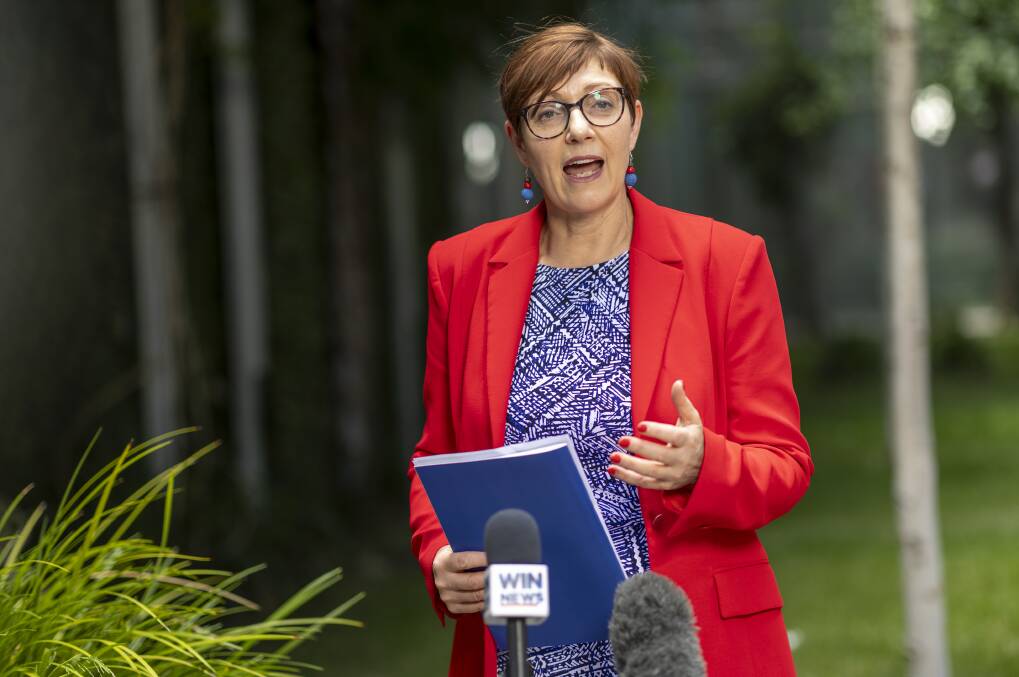When Renee Heaton needed to have a mammogram recently it was not an easy experience.
She was unable to simply use the typical X-ray machine used for mammograms as it did not cater for her wheelchair.
"As a wheelchair user it was very difficult to find a service that was able to perform a mammogram while I was still able to be in my wheelchair," Ms Heaton said.
Instead, Ms Heaton's had to have an ultrasound for the all-too-important health check but unlike a regular mammogram she had to pay for the service.
"It was a matter of trying to find a different service and a different option. It was an ultrasound in the end," she said.
"Unfortunately those aren't covered as part of Breastscreen so it was a paid experience for us to be able to get the care and the screening services that we need."
Ms Heaton's experience is not an isolated one and that is why she believes it is critically important the voices of people with disability are prioritised in health matters affecting them.
The voices of people with disability are at the forefront of a new disability health strategy released by the territory government.
It is a 10-year plan which has set out the direction and priorities for the territory's health system around making it more accessible and inclusive.

Ms Heaton is the chair of the ACT disability reference group and was a member of the committee which led and influenced the development of the strategy.
"The whole principle of 'nothing about us without us' is embedded in this strategy," she said.
"We've seen it right through from concept to development and the voices of people with disability were actually prioritised throughout the development.
"Going forward, it is absolutely essential that people with disability and their experiences are given equal weight to medical experts, to building experts because they might be technical experts but we're the experts in understanding what that experience of that particular service actually is."
The government has released a set of actions it is hopeful of completing in the next three years, including improvements to the communication and accessibility of health services, an accessibility audit of public health facilities in the territory and the development of a health-focused emergency preparedness plan.
Other plans include recruiting a disability health adviser for government who is a person with disability and training for frontline health workers.

Health Minister Rachel Stephen-Smith said the government would fund these actions over the three-year period and would examine how the funding for certain actions was prioritised.
"We'll prioritise those actions over a period of time and look at how we can fund those over a couple of budgets into the future," she said.
Ms Stephen-Smith said the government would continue to take feedback from people with disability going forward around how experiences like Ms Heaton's can be better addressed in the future. She said the government wanted to ensure people did not incur an out-of-pocket expense.
"Those are the conversations we want to continue to have with people about their accessibility experiences and work through with them about how we address those individual experiences," she said.
The release of the strategy has come days after the territory government released a 10-year strategy for disability inclusion in schools.







